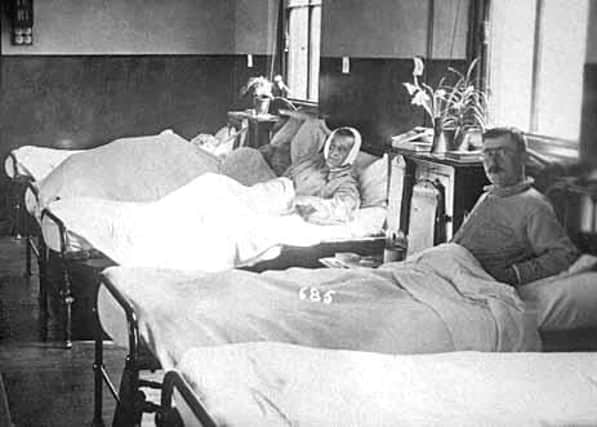Leeds nostalgia: Strain of war takes toll on '˜the weak' in Leeds in 1917


Consumption was on the increase in Leeds, according to the Yorkshire Evening Post, with the wearying effects of the war blamed on “weak men and women”, according to the article.
It said the number of people suffering pulmonary tuberculosis in Leeds had more than doubled since the start of The Great War, with the number of attendees, recorded over a period of six days at the Leeds Central Dispensary, was 241 in 1915, 349 in 1916 and 508 in 1917.
Advertisement
Hide AdAdvertisement
Hide AdIt said: “Dr H de Carle Woodcock said there were reasons for this rapid increase beyond the real and very unsettling increase of the disease itself. For instance, hospital space was very limited, and men were being treated there who, but for war circumstances, would go to the hospitals. There were fewer doctors and as a result those remaining were more ready to send their patients there.”
Discussing the “direct menace of the increase”, Dr Woodcock said people were “breaking down under the stress of life and especially the stress in munition factories.” This was mainly due to people inhaling poisonous dust and becoming ill, often terminally, as a result. Others were taking to liquor to sooth their woes.
Dr Woodcock added: “I have very strong views about it. At the beginning of the war, the Government, instead of leaving and even increasing the accommodation for tuberculosis, took possession of it for other purposes. There ought to have been consideration for the strain which would follow and the number of half broken men who would, in the consequence, become broken men. They took the hospitals and we had nowhere to send these people.”
He urged munitions factories to do more to safeguard health.